Almost half of small and medium-sized businesses have struggled with late payments in the last year, according to research by the Institute of Directors (IoD).
Of the 787 business leaders surveyed, 48% have faced issues with late payments since April 2017.
Almost a third (31%) said this was the result of the company being billed for payment using an "excessively bureaucratic payments system".
Others noted disparity between the practices of smaller and larger businesses, with 23% claiming larger firms in their supply chain used "grossly unfair" terms or practices.
Around one in three (30%) payments to small businesses are late, with the average value of each payment amounting to £6,142 last year.
In December 2017, small business commissioner Paul Uppal launched a complaints handling service which was intended to help businesses resolve payment disputes.
However, only 1% of respondents to the IoD survey thought mediation by the small business commissioner would be the best way to address late payments.
Edwin Morgan, director of policy at the IoD, said:
"It is deeply disturbing that so many businesses have to struggle to claim the money they are owed.
"Chasing late payments can have a particularly damaging effect on small companies, sapping resources and hurting their productivity.
"The government has a job to do to publicise the options that are out there, and we would also urge them to consider stronger measures to clamp down on the menace of late payment."
Invoicing - what to include
All businesses rely on prompt payments to pay their bills and it's essential to contain all the relevant information in order for clients to pay on time.
The invoice must include:
- a unique company ID number
- business name, address and contact details
- the client's company name and address
- what you're charging for
- the date the goods or service were provided
- the date of the invoice
- the amount charged
- any VAT (if applicable)
- the total amount owed.
Rights
Businesses that supply goods or services are free to offer discounts to clients as an incentive to pay early or upfront.
Other than that, clients have 30 days to pay an invoice after either receiving that or the goods or service.
Businesses have the right to charge interest if a customer misses the deadline.
Separate research from Xero shows the average delay for late payments over the course of a year was 40 days - 10 days late - with the worst months usually falling in the first quarter.
Technology
Various software platforms can provide the most accurate invoicing and record-keeping solutions for businesses.
Software giants QuickBooks Online, Xero and Sage all offer such solutions to enable businesses to move away from spreadsheets and into the cloud.
Cloud-based accounting offers a platform to access data online from any device - at any time of day and in all places with an internet connection.
With Making Tax Digital on the horizon for all businesses and certain individuals in the next few years, making the transition to the cloud will help to chase late payments now and in the future.
Talk to us about your business' needs.

